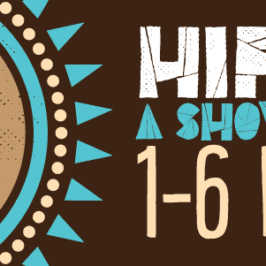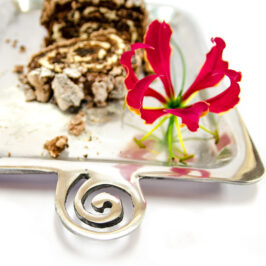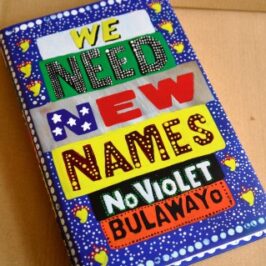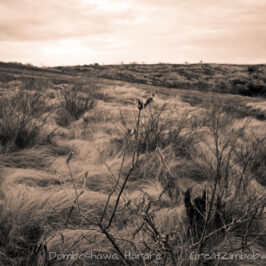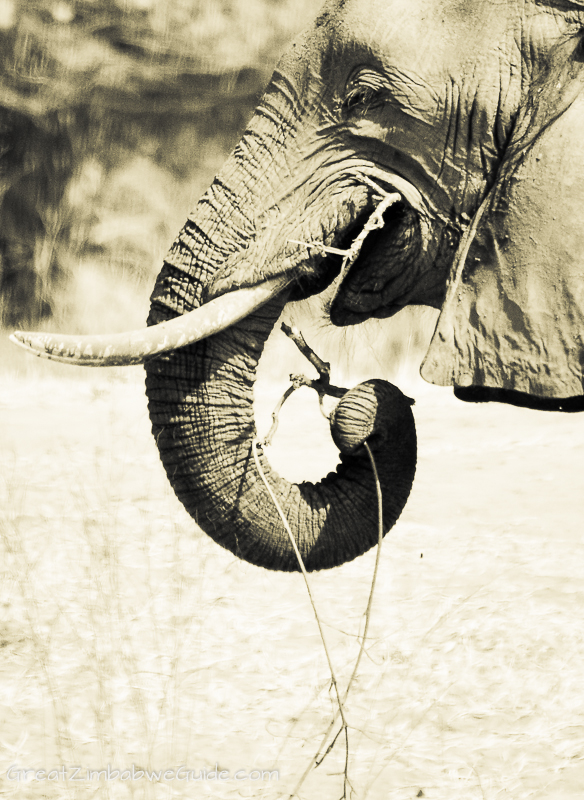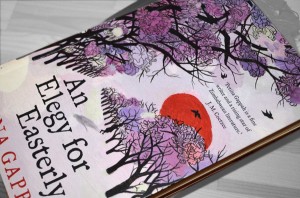 If I could make everyone in the world – whether white or black, Zimbabwean or non-Zimbabwean, scientist or artist – read two books about Zimbabwe, it would be Don’t Let’s Go to the Dogs Tonight by Alexandra Fuller and An Elegy for Easterly by Petina Gappah. It falls to reason, then, that I would also try to make everyone in the world listen to these writers speak.
If I could make everyone in the world – whether white or black, Zimbabwean or non-Zimbabwean, scientist or artist – read two books about Zimbabwe, it would be Don’t Let’s Go to the Dogs Tonight by Alexandra Fuller and An Elegy for Easterly by Petina Gappah. It falls to reason, then, that I would also try to make everyone in the world listen to these writers speak.
Gappah recently interviewed Fuller at The Book Café in Harare. Here is the first of the videos – thank you to the person who put them up! These ladies are so off-hand, funny, well-informed and intelligent, I must admit I’m completely in awe of their work. I admire most that they are unafraid to get under each other’s skin.
http://www.youtube.com/watch?v=dYxmLI18SJQ
Part 1 – After a few audio hiccups, the interview starts in earnest. Gappah asks important, cringing questions about the big issues of race, the liberation war, and post-independence changes. They talk about Fuller’s literary background and the reasons for writing ‘Don’t Let’s Go to the Dogs Tonight’.
Don’t Let’s Go to the Dogs Tonight is a memoir of Fuller’s early life and her family’s involvement in the liberation war and post-independence Zimbabwe. Gappah, as a black reader who had an opposing experience of the war, unfolds the idea of how both whites and blacks viewed the other as a mass of sameness – they didn’t see them as individual human beings with stories to tell of their lives.
Part 2 of the video/audio involves a discussion about writers’ obligations to tell people’s stories, ‘giving voice to the voiceless’ and how it can go so terribly wrong if this is not done sensitively; about how no one writer can tell the whole story. They talk about African, Zimbabwean and other identities and how you are never just one thing, and how you can’t cut off histories or places out of you. And the best of all Olympic pseudo-mascots – the Gokwe goblin – is brought into the spotlight.
Part 3 – Questions from the floor! Accents, publishing in Zimbabwe and the importance of reading are all deliberated. Plus a big question from fellow writer Shimmer Chinodya who comments that he’d never seen so many white people in the Book Café before – certainly we need to talk about this in Zimbabwe. This was dealt with in a healthy, honest and friendly way. The general feeling was that race relations in Zimbabwe can only be rebuilt if there’s an end to labelling, and a start to open-mindedness from both sides. This debate has sparked comments on other platforms which have not been expressed as open-mindedly.
- Buy Don’t Let’s Go to the Dogs tonight by Alexandra Fuller
- Buy An Elegy for Easterly by Petina Gappah

